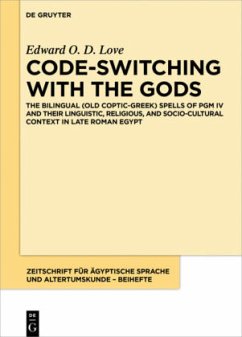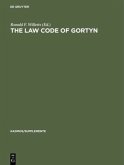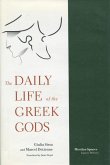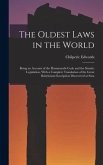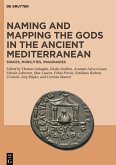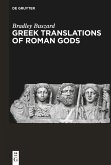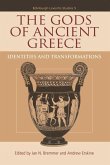This volume provides the first comprehensive text edition of the Egyptian language sections of P. Bibliothèque Nationale Supplément Grec. 574 (PGM IV) and analysis of their script, language, and the bilingual spells which they are part of. The magical practices preserved in the PDM and PGM have been published for nearly a century, yet it is only recently that research has focused on investigating the complex relationship between the languages, scripts, and religious traditions they exhibit, as well as the question of who composed, copied, and practiced these spells. Focusing on the bilingual divinations, lust spell, and exorcism of PGM IV, written in the Egyptian and Greek languages - and rendered in Old Coptic scripts and the Greek script respectively - this volume analyses their textual content and ritual mechanics, contextualised among the PDM and PGM, and investigates the potential identities of the magical practitioners of late Roman and Late Antique Egypt. Encompassing the disciplines of Egyptology, Coptology, Papyrology, and Late Antique studies, this volume focuses in particular on the themes of magical practice, bilingualism, script, and the social context of magic in Egypt during the 2nd to 4th centuries CE.
Hinweis: Dieser Artikel kann nur an eine deutsche Lieferadresse ausgeliefert werden.
Hinweis: Dieser Artikel kann nur an eine deutsche Lieferadresse ausgeliefert werden.

